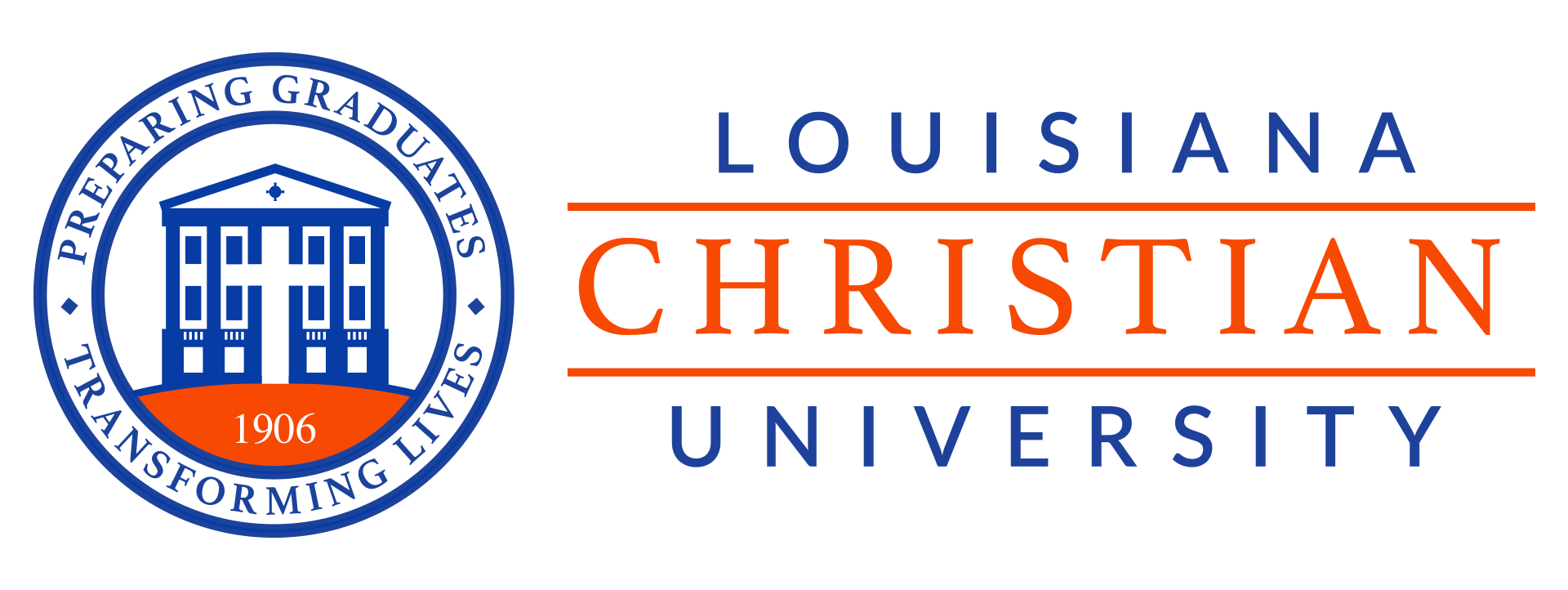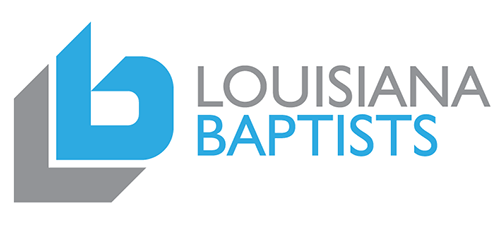2023 Speakers’ Invitational Tournament


Speakers’ Tournament
April 22, 2023
Martin Performing Arts Center on the campus of LCU
This event is hosted by Louisiana Christian University, in partnership with the Louisiana Baptist Convention.
1140 College Drive
Pineville, LA 71360
(318) 487-7011
Brian Manuel, Dean of Students
email brian.manuel@lcuniversity.edu or call 318-487-7389
Dr. Elizabeth Clarke, Chair, Division of Media, Communication, and Theatre
Note: Qualifying speeches must be submitted by March 24, 2023
This year’s tournament may look different from years past. The biggest modification is that qualifying for the tournament will be held digitally through video submissions instead of at the church or district level. Students will prepare their qualifying talks, record them in front of an audience, and upload them to the tournament website. From there, an impartial panel of judges will grade each presentation. ALL entries that score a minimum of 75 points will be invited to compete at the main event located on the campus of beautiful Louisiana Christian University. The tournament is open to all students in the 9th-12th grades, regardless of church denomination. In addition to the overall winners, the top performing students from a SBC church will be recognized.
- Students will prepare a 4–6-minute original speech based on one of the provided topics.
- The speech should be delivered from memory as much as possible.
- Brief speakers notes written on index cards are appropriate.
- The speech must be presented and recorded in front of an audience. (Consider using members of your church/drill team as the audience)
- Upload the finished video to YouTube or Google Files and email a link to the recording.
- TIP: Use the tournament rubric that is attached to help guide you as you prep the speech.
- Speeches will be graded by an impartial set of judges from LCU that include professors, deans, and communication students.
- Speeches that score a minimum of 75 points will be invited to the main tournament held on the campus of Louisiana Christian University on April 22, 2023.
This year the same speech will be used for qualifying and in-person competition! Choose a topic from below to build your speech on for both the qualifying round as well as the in-person portion of the contest.
- For Believers, salvation is just the start.
- Teenagers aren’t the church of tomorrow; they are the church of today.
- How to overcome peer pressure.
- Sharing your faith is important.
- The Bible is essential to the Christian walk.
- What the world needs more of is _____.
- In the world, but not of it.
- The separation of church and state is a good (or bad) thing.
- I believe in forever.
- If tomorrow isn’t promised, what do we do with today?
- Students will use the same speech from their qualifying round.
- The speech should be delivered from memory as much as possible.
- Brief speakers notes written on index cards are appropriate.
- TIP: Use the tournament rubric that is attached to help guide you as you prep the speech.
- In-Person speeches will be graded by an impartial set of judges from LCU that include professors, deans, and communication students.
The top three winners will receive a scholarship to Louisiana Christian University. The amounts are as follows:
1st place winner: $4,500 per year
2nd place winner: $3,500 per year
3rd place winner: $2,500 per year
Please note: a Speakers’ Tournament scholarship cannot be combined with any other LCU academic scholarship. Students who compete multiple years may accept the scholarship that is of greater value and can only receive one scholarship (for example: a student wins second place his/her junior year, but takes first place his/her senior year, only the $4,500 per year scholarship would be awarded.)
In addition, the Louisiana Baptist Convention will sponsor the top-scoring student who attends a SBC church to compete in the SBC National Speakers’ Tournament. If that student wins the national tournament, they will be officially recognized as a LCU Presidential Scholarship recipient!
Each speaker must compose his/her own speech. With proper credit, it is permissible to use quotations from any source. When the speech is delivered, the speaker should indicate that the material used is being quoted by verbally giving credit to the source.
Each speaker will have 4-6 minutes to deliver his/her speech. Speeches that do not fall within the allotted time will be penalized 2 points for every 10 seconds over or under the required time.
Speakers will be judged on a 100-point scale. Content/composition will count 20%, and delivery will count 80%.
A speaker will be disqualified only for such major reasons as not being of the eligible age or using a speech that is not his or her own.
No props of any kind are to be used. Speakers notes on notecards are acceptable but must be minimal to prevent the temptation to read the speech.
Music and drama are not considered “speech” material. It is appropriate to quote part of a song, poem, or play, but not to perform or sing them.
As you present your speech for competition, be sure to dress professionally and modestly.
Choose your subject from the list provided
Determine your purpose for the speech and central idea. Do you want to inform, persuade, or entertain?
Consider the audience. Will they be interested in your approach to the topic?
Think and read extensively before you begin the construction of your speech. Consult your church, school, or public libraries for appropriate sources.
Begin outlining your speech. Craft two to three main points that you want to include in the body of your speech. Make sure to support each point with evidence such as quotations, statistics or expert testimony.
After you have a good body of your speech ready to go, turn your attention to your introduction. Be sure to use a good attention getting device to capture your audience. Then, work on a solid conclusion that summarizes your speech and leaves the audience with something memorable to take with them.
Rehearse your speech. Make sure to practice in front of an audience at least twice. Practice the speech until you feel comfortable enough to not rely on your notecards. Notecards should be sparse with just a few keywords to help transition between points in the speech.
CONTENT/COMPOSITION (20%):
Structure/Grammar
Does the speaker use complete sentences? Are the sentences grammatically correct while speaking? Are words pronounced correctly? Are transitions used effectively between points?
Use of Resources/Credit for Quotations
Is there adequate usage of outside resources (including scripture if used?) Do the resources used clearly help the audience understand the topic and the speaker’s point? Do the resources reflect an adequate understanding of the various facets of the subject? Is proper credit given to scripture and resources used?
DELIVERY (80%):
Organization/Logical Sequence
Does the speech flow logically and are ideas and information properly sequenced? Is the speech’s core belief or idea clear to the audience? Are the speech’s opening and closing effective?
Originality/Related to Subject
Does the speech give evidence of original and creative thinking by the participant? Does the content appear to be the original work of the speaker? Does the speech deal with the subject? Does the content connect to the title of the speech?
Eye Contact
Does the speaker maintain good eye contact with the audience? Does the speaker look at persons in all parts of the audience?
Articulation/Expression
Does the speaker use good vocal energy and enunciate clearly? Does the speaker speak with passion without being overly emotional? Does the speaker speak loudly enough for everyone in the audience to hear clearly?
Poise/Confidence
Does the speaker appear to be relaxed and in control? Does the speaker appear to be confident? Is the speaker convincing, interesting, and understandable?
Posture/Movement & Gestures
Does the speaker use good posture and appropriate body movement? Does the speaker use effective hand and arm gestures? Does the speaker smile and use appropriate facial expressions?
Delivery/Purpose Accomplished
Does the speech do what it is intended to do as evidenced by the subject and content? Was the speech delivered extemporaneously?
